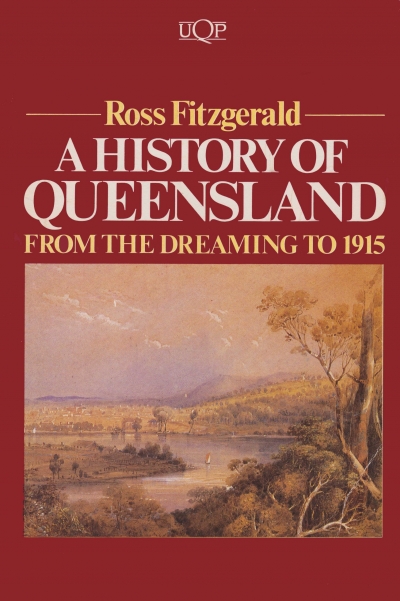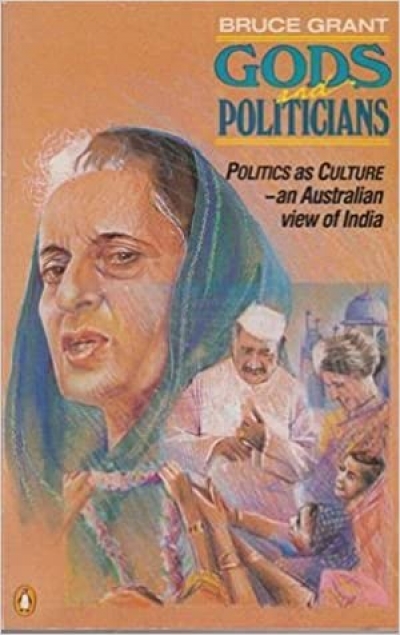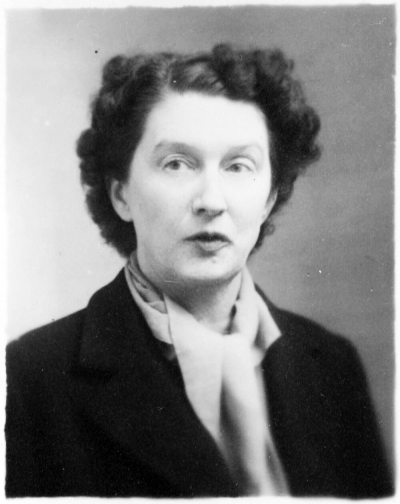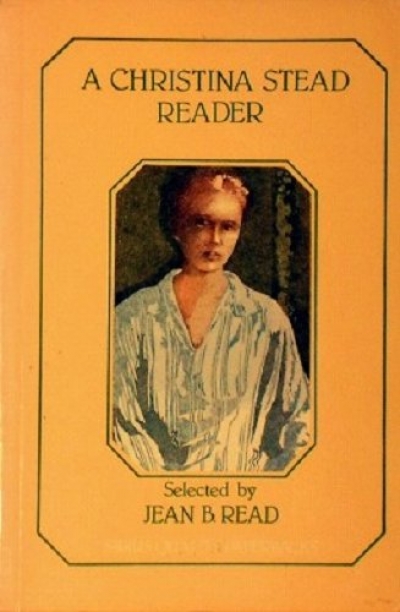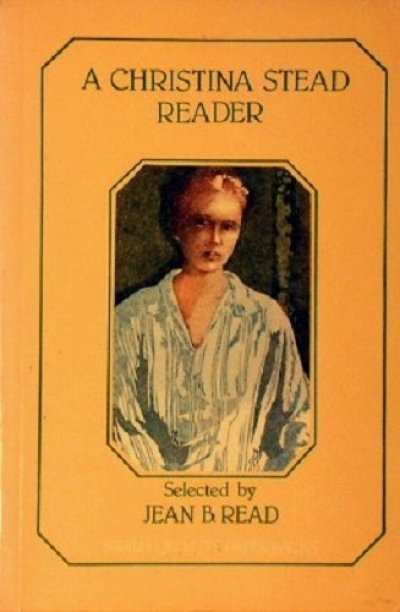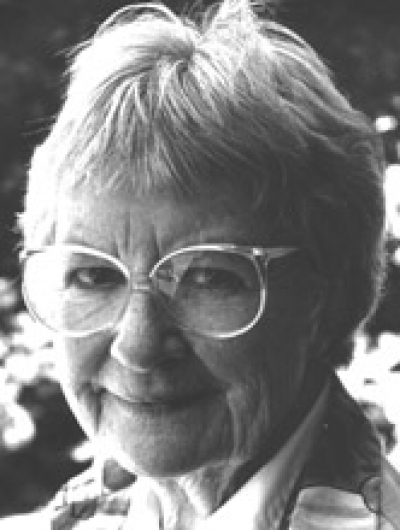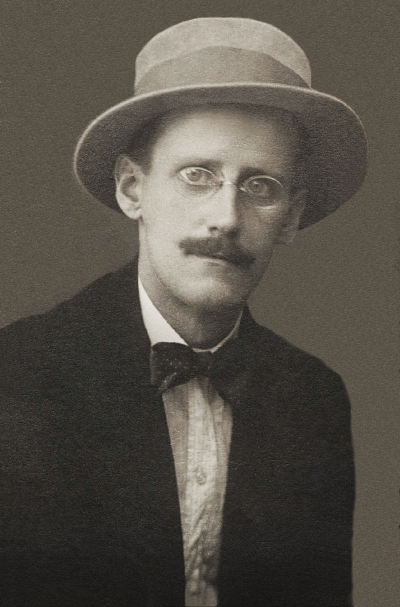Archive
From the Dreaming to 1915: A history of Queensland by Ross Fitzgerald
With the reissue of The Beauties and Furies (1936) this month by the British feminist press Virago, virtually all of Christina Stead’s work is in print for the first time in the half century long career of this distinguished writer.
... (read more)The problems of children’s book publishing are not really different in kind from those which beset other types of publishing; they are the familiar problems exacerbated by the fact that these books are designed for a group of second-class citizens who, being young and dependent, have little influence on what is produced for them, and little financial clout.
... (read more)ABR is very proud to present its readers with this special supplement in honour of the eightieth birthday of one of Australia's most significant writers, Christina Stead, whose birthday falls on July 17. I am particularly grateful for John McLaren for asking me to edit this supplement and for thus allowing me to be associated with this gesture of respect and esteem towards one whom I regard as a most valued friend.
... (read more)Children’s Book Week is traditionally a time to take an overall view of the last year’s output of children’s books. Such an overall view is necessarily superficial but it can be interesting to note the appearance of new authors and illustrators, new themes, or different treatment of old themes. This article will look at the picture books and fiction of the last twelve months.
... (read more)If James Joyce had ever visited Australia it is unlikely that he would have come up with anything like D.H. Lawrence’s Kangaroo. For one thing, as with most Irishmen, his interest in landscape was negligible; for another, his sense of play and his myopia would not have allowed him to romanticise the great Australian bush, much Jess the suburban sprawl. He might have felt somewhat at ease in the ‘Loo or the Rocks area, in Gertrude Street, Fitzroy or Little Dorritt Street in Carlton, or perhaps by the Yarra at Burnley. But why fantasise?
... (read more)
